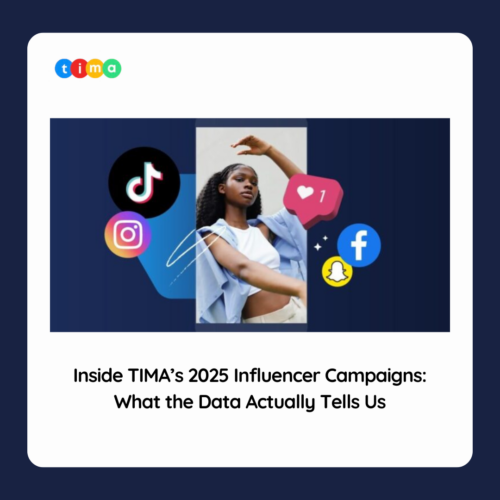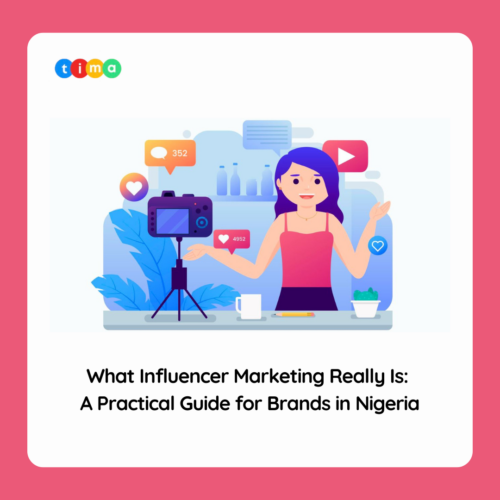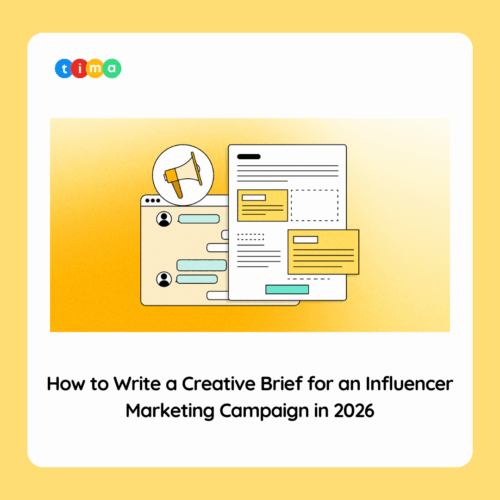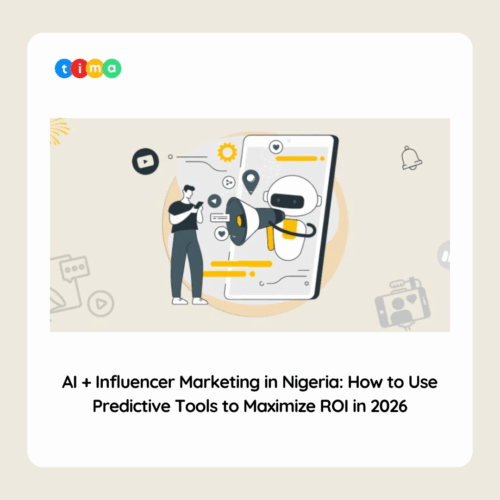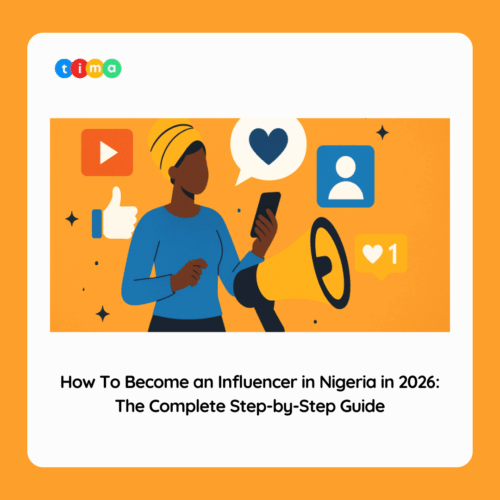AI Marketing Boom: The world of marketing has been irrevocably changed by the advent of Artificial Intelligence (AI). This technological marvel has provided marketers with an extraordinary capacity to scrutinize customer data and behaviors enabling them to craft personalized messages, streamline operations and prognosticate future trends. The age of AI-driven marketing has undoubtedly proven to be both more efficient and effective. However, it also presents some complex challenges that must be met with diligence and skill. In this blog, we shall delve into the multifaceted influence of AI on marketing, examining the manifold opportunities and hurdles that come along with it.
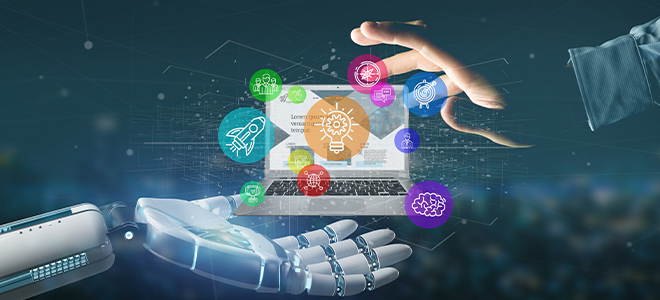
Opportunities of AI in Marketing
1. Personalization
Personalization is a game-changer in modern marketing, and Artificial Intelligence (AI) is the ultimate ally. AI enables marketers to dig deep into customer data and behavior patterns to unlock the secrets to creating hyper-personalized messages and offers. Marketers can tailor their campaigns to each customer’s unique interests, preferences, and behaviors helping them create more compelling and personalized experience. This approach boosts customer engagement, loyalty, and sales, as customers feel that the company understands and caters to their individual needs.
2. Predictive Analytics
With its unrivaled computing power, AI has made it possible to predict future trends and identify patterns that were once thought to be impossible to discern. The integration of predictive analytics has opened up a whole new realm of possibilities for marketers. By analyzing past and present data, AI can help marketers anticipate the needs and preferences of their target audience. It can also aid in forecasting sales and optimizing marketing strategies.
3. Automation
With the advent of AI, marketing routines like email marketing, social media posting, and lead generation can now be automated. This means that marketers can save a significant amount of time and effort that would otherwise be spent on these mundane tasks focusing on more strategic initiatives that require their attention and expertise. AI not only enhances productivity but also helps to make better use of skills and knowledge to drive business growth. Automation powered by AI has opened up new possibilities for businesses to streamline their marketing operations and unlock greater efficiencies.

4. Customer Service:
Imagine a world where you no longer have to wait on hold for customer service, or spend hours scrolling through websites searching for answers to your questions. Thanks to the advancements in Artificial Intelligence (AI), this world is now a reality. AI-powered chatbots and virtual assistants are revolutionizing the way businesses interact with their customers,
With the ability to understand natural language and process vast amounts of data, AI-powered chatbots and virtual assistants can quickly identify and respond to customer inquiries, providing personalized assistance to each individual. Whether it’s answering frequently asked questions, resolving issues, or directing customers to the right resources, these digital assistants are always at the ready, 24/7.
Moreover, these chatbots and virtual assistants can do all this without any human intervention. The result? Customers receive the fast, accurate, and reliable assistance they need, while businesses can increase their efficiency and productivity.
5. Competitive Advantage:
AI algorithms can analyze vast amounts of customer data, providing invaluable insights into their preferences, behavior, and expectations. By utilizing this information, it becomes possible to simplify operations, automate repetitive tasks, and improve resource allocation, leading to a significant reduction in operational expenses. AI technology in marketing gives businesses a powerful competitive advantage. This enables them to stay ahead of the curve and meet the evolving needs of their customers.
Challenges of AI in Marketing
The advent of AI has undoubtedly revolutionized the way we interact with technology. However, as with any technological advancement, there are potential risks and challenges that must be addressed.
1. Data Privacy:
AI systems require a massive amount of data to function effectively. This raises the issue of how that data is collected, stored, and used. It is imperative that marketers prioritize data privacy and security. They must ensure that all data-related activities comply with legal and ethical standards. This requires implementing robust security measures to prevent unauthorized access, such as encryption and firewalls. While AI has the potential to revolutionize how we operate in society, it is vital prioritize data privacy and security. This is to protect individuals’ rights and maintain ethical standards.
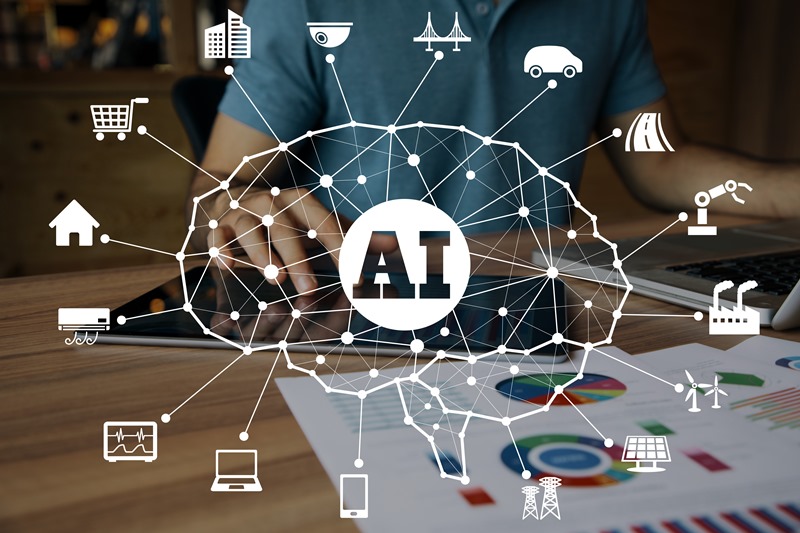
2. Talent Gap:
As businesses seek to harness the power of AI for their marketing campaigns, they face a significant challenge – a talent gap. The shortage of qualified personnel with the right expertise in AI can make it challenging for companies to identify, recruit and retain the best talent for their needs.
The ability to successfully implement and manage AI-powered marketing campaigns requires a unique set of skills that not everyone possesses. Companies must seek out and attract top talent in this field to remain competitive in the fast-paced world of marketing.
3. Integration:
To unlock its full potential, AI requires seamless integration with the existing systems such as customer relationship management (CRM) and content management systems (CMS).
While the benefits of integrating AI-powered marketing with CRM and CMS are numerous, the process itself can be quite intricate. It requires a substantial amount of resources. The integration process entails connecting different data sources, synchronizing data, and creating a unified ecosystem that can enable businesses to make informed decisions, personalized customer experiences, and increase revenue.
4. Cost:
The realm of AI-powered marketing campaigns is undoubtedly an exciting one, with endless possibilities for businesses looking to optimize their marketing strategies. However, the road to success in this arena is not without its challenges, particularly when it comes to cost. Small and medium-sized businesses, in particular, may find themselves facing a daunting obstacle in the form of the hefty price tag associated with AI software, hardware, and personnel. Indeed, the initial investment required to implement such campaigns can be significant making it difficult for companies to break into this innovative field.
Conclusion
It’s no secret that artificial intelligence (AI) has already revolutionized the way businesses approach marketing and customer engagement. The influence of AI on marketing and customer engagement is already apparent. It assists marketers in reaching and engaging their intended audience through personalized communications and insights. However, the benefits of AI are contingent on a sound, efficient, and ethical marketing strategy.




